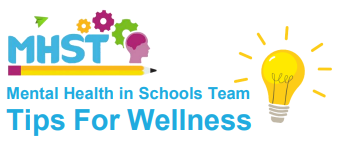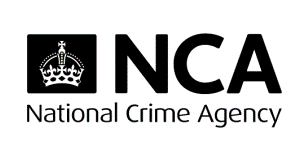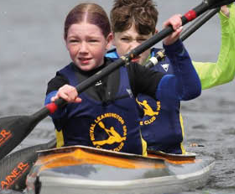Intent
Our intent in Religion, Ethics and Philosophy:
- For pupils to understand where religion came from, how it is practiced and the impact that might have on people’s lives.
- For pupils to be exposed to the elements of religion that will enable them to thrive in life beyond the classroom, as a respectful and open-minded citizen.
- To have a clear understanding of the theological and ethical dilemmas that may arise in the world, as their life develops into adulthood and to be able to formulate their own opinion on such matters as a self-assured learner.
- To expose pupils to ultimate and philosophical questions to develop their critical thinking skills and be able to use recalled facts and opinions from a variety of sources to analyse and construct a well sustained and articulate argument.
- To interleave British Values and themes such as moral guidance, feminism, fairness, global events and addressing misconceptions throughout KS3-5.
Aims
- Pupils understand the importance of RE and engage with the content
- Pupils develop their oracy skills
- Pupils become critical thinkers
- Pupils engage in events in the wider world.
- Pupils can articulate their own opinion
- Pupils can engage in well sustained arguments with tier 3 vocabulary and specialist content
- Pupils can embrace difference and be able to work with others
- Pupils to become self-assured learners who know their strengths are areas to improve
Year 7
Our Year 7 curriculum introduces pupils to religion, practices and beliefs. It starts with a historical cross-curricular approach by looking at where religion came from and assessing if it was a force for good. We examine how religion influences our society (whether people are religious or not). We look at religious and non-religious views in our classroom and assess whether religion is still useful in today’s life. Our human rights (Island) topic enables pupils to develop their group skills and embody British Values, as well as being able to understand basic human rights and the consequences of when people don’t have access to them. Our aim is for pupils to have fun and engage in lesson with peers, religious sources and challenges. We aim to develop their thinking skills and broaden their emotional intelligence ready for the world outside the classroom.
Year 8
Within year 8 pupils explore world religion through different lenses. The religions we focus on in detail are; Christianity, Islam, Buddhism and Sikhism. We touch upon Hinduism and Judaism in a more thematic approach. The lenses include that of an atheist, their own view of the world around them and religious global lens. We explore key questions that link to certain religions, such as suffering within Buddhism and explore values such as truthfulness in Sikhism and peace within Islam. We explore how and why it might not always be easy for religious believers to practice everything within their religion and discuss whether that is hypocritical or not. Lastly, we examine the darker side that religion can bring, such as; terrorism and the issues faced in the 21st century if religion is still practiced in an absolute way.
Year 9
For this year only we started with the study of Islam as it is the second world religion and it had not been covered in Year 8 due to the Covid recovery curriculum. The rest of the year and from next year onwards, pupils will start by studying key ethical theories that are explored in more detail in our KS5 curriculum. These include, Natural Moral Law, Situation Ethics, Kantian Ethics and Utilitarianism. Pupils apply moral and ethical dilemmas to such theories and evaluate their usefulness. These include abortion, saviour siblings and IVF. Pupils will then move onto Philosophy of Religion where they will have their critical thinking skills pushed to the max and explore key concepts such as; what does it mean to be a philosopher, miracles, the problem of evil, moral and literal truths and whether God exists outside of theology. The year will conclude with the psychology and sociology of religion, exploring whether religion still helps people or was only ever a force of social control to keep society safe and happy.
GCSE
Our GCSE covers Christianity and Sikhism as well as four contemporary ethical themes, ensuring that students have a diversity of topics to explore. Students will be challenged with questions about belief, values, meaning, purpose and truth, enabling them to develop their own attitudes towards religious issues. Students will also gain an appreciation of how religion, philosophy and ethics form the basis of our culture. They will develop analytical and critical thinking skills, the ability to work with abstract ideas. All these skills will help prepare them for further study.
A Level
OCR A Level Religious Studies will encourage learners to…
- Develop their interest in a rigorous study of ethics and Christian thought related to the wider world
- Develop knowledge and understanding appropriate to a specialist study of ethics and specific areas of Christian thought
- Develop an understanding and appreciation of Ethics and Christian thought and it’s contribution to individuals, communities and societies
- Adopt an enquiring, critical and reflective approach to the study of the ethics and Christian thought
- Reflect on and develop their own values, opinions and attitudes in the light of their studies
Year 12 Philosophy Curriculum Overview
Year 12 Theology and Ethics Curriculum Overview



















